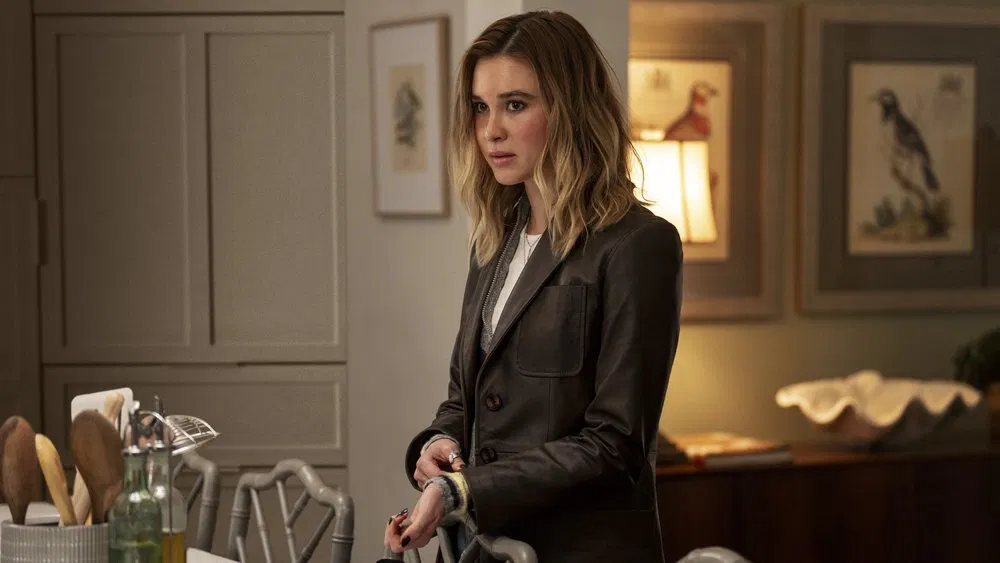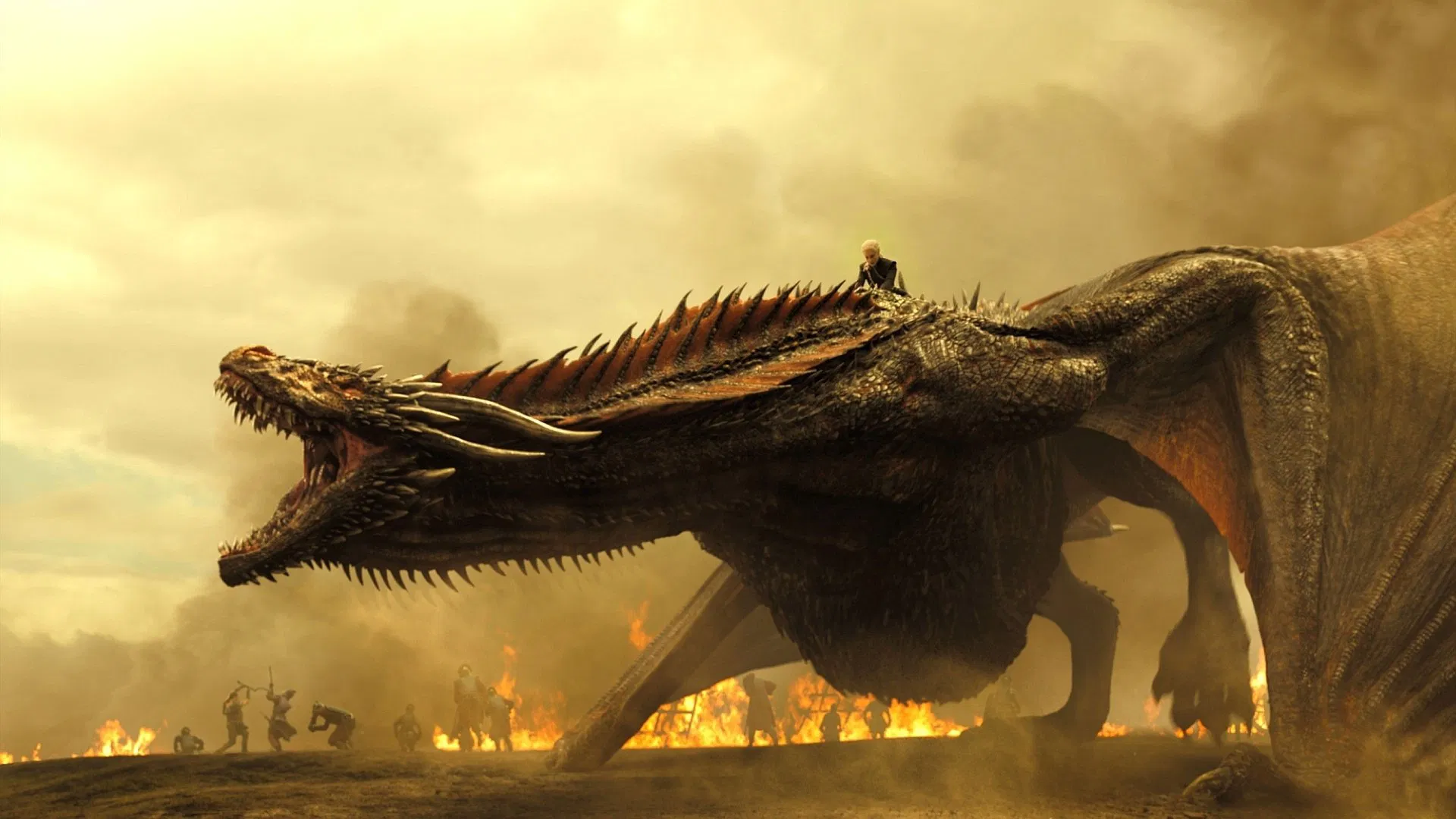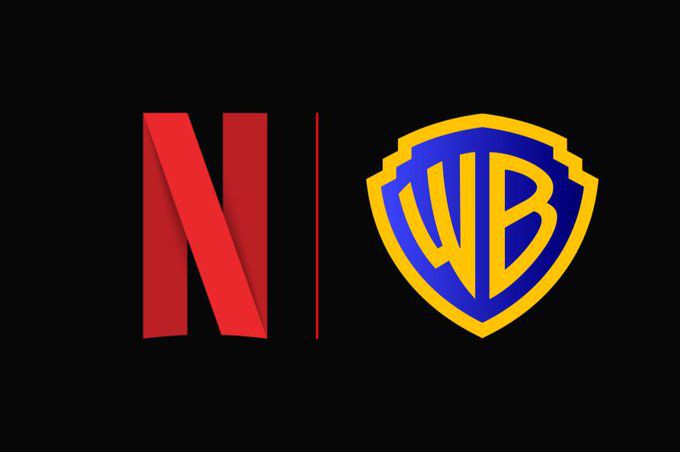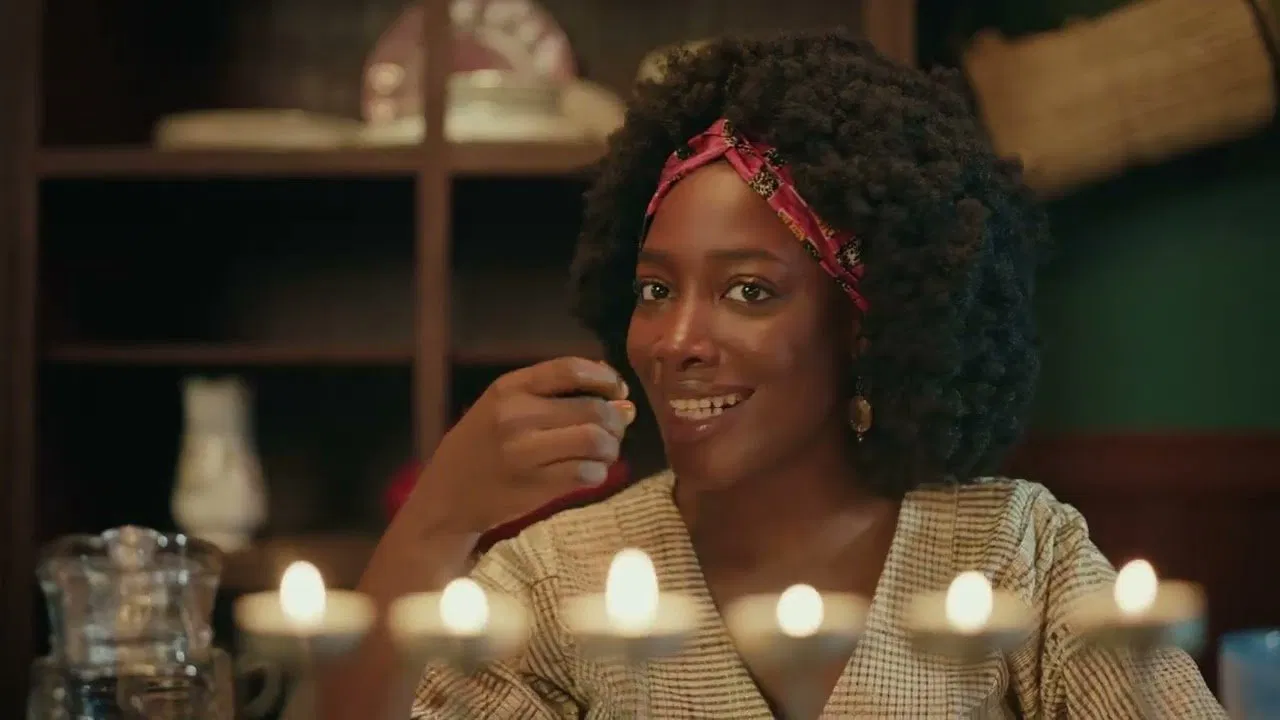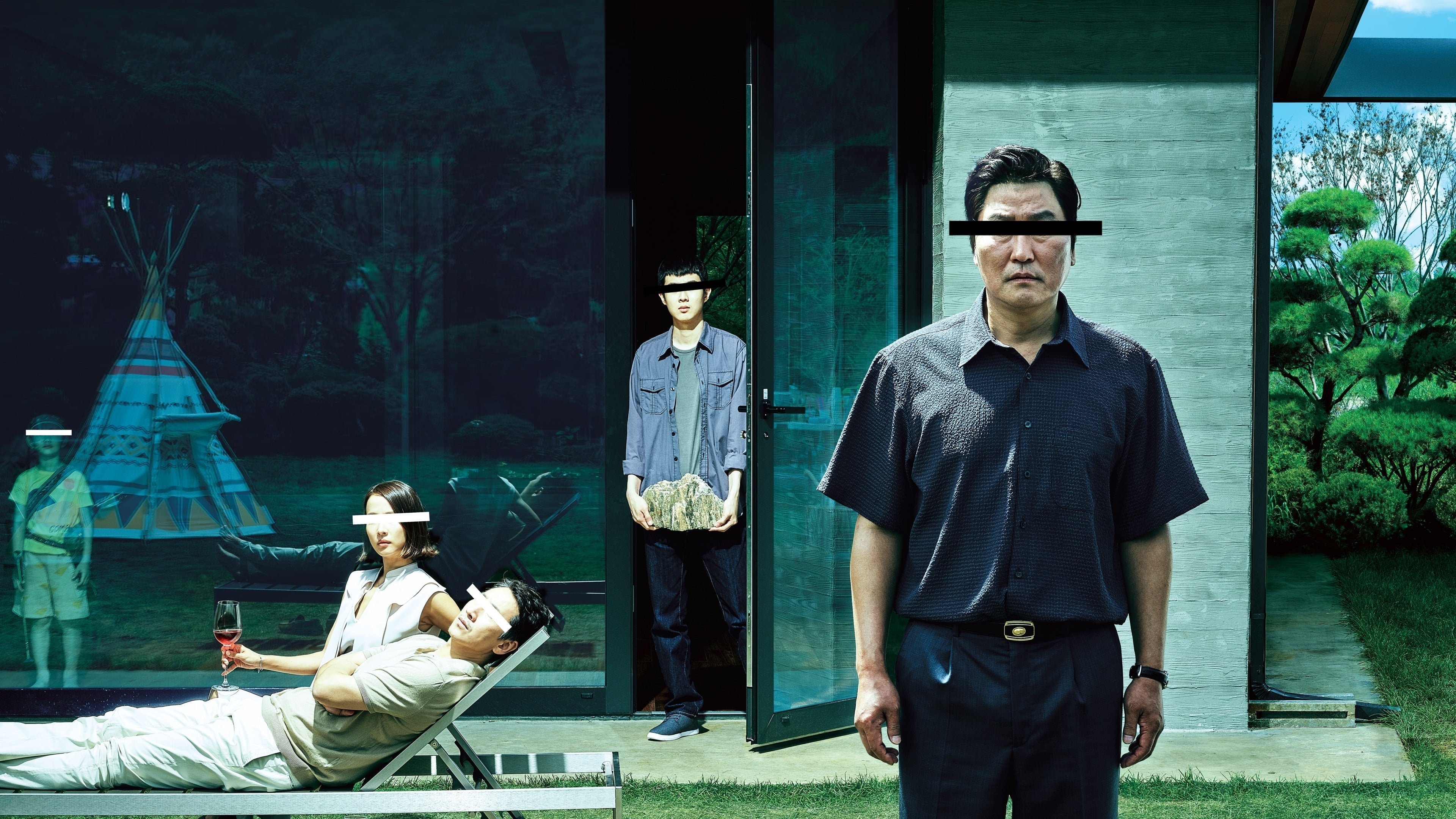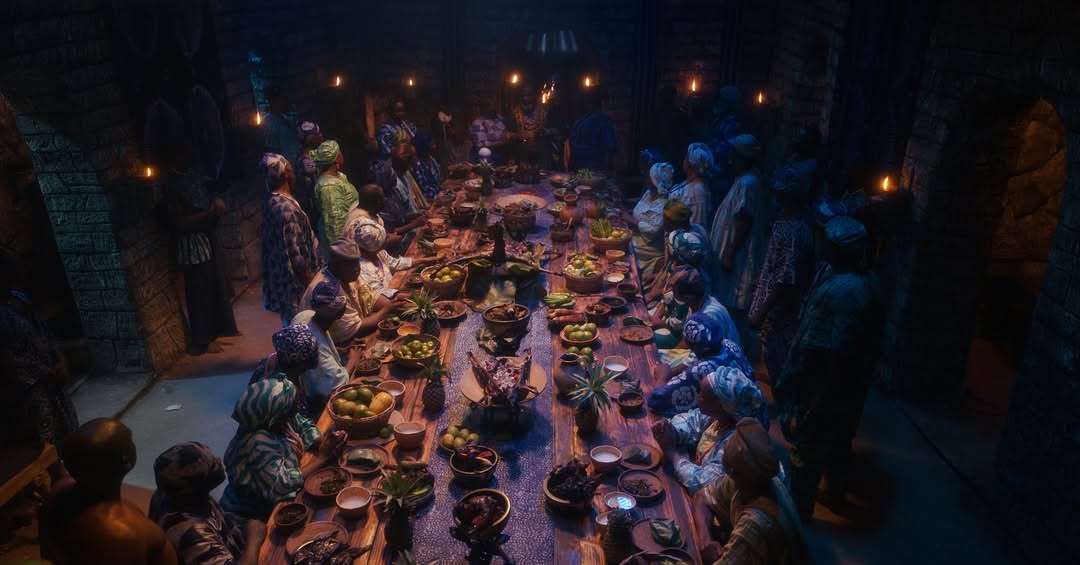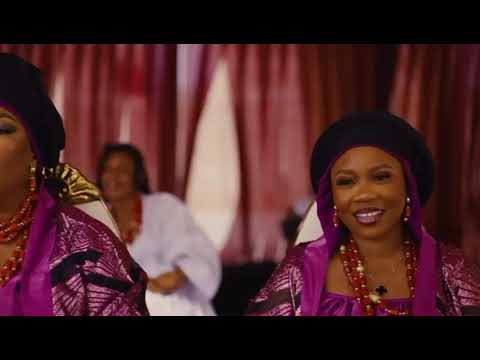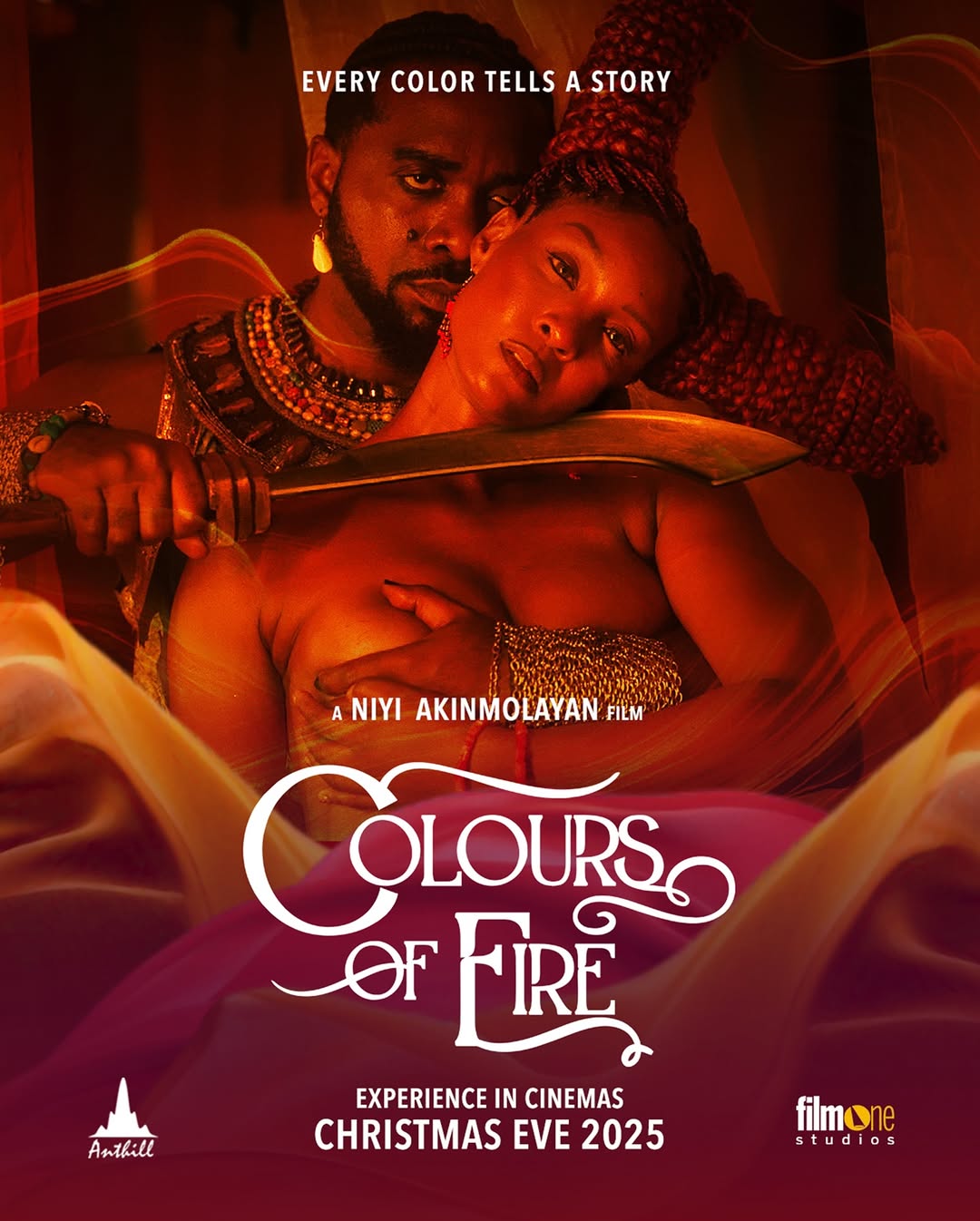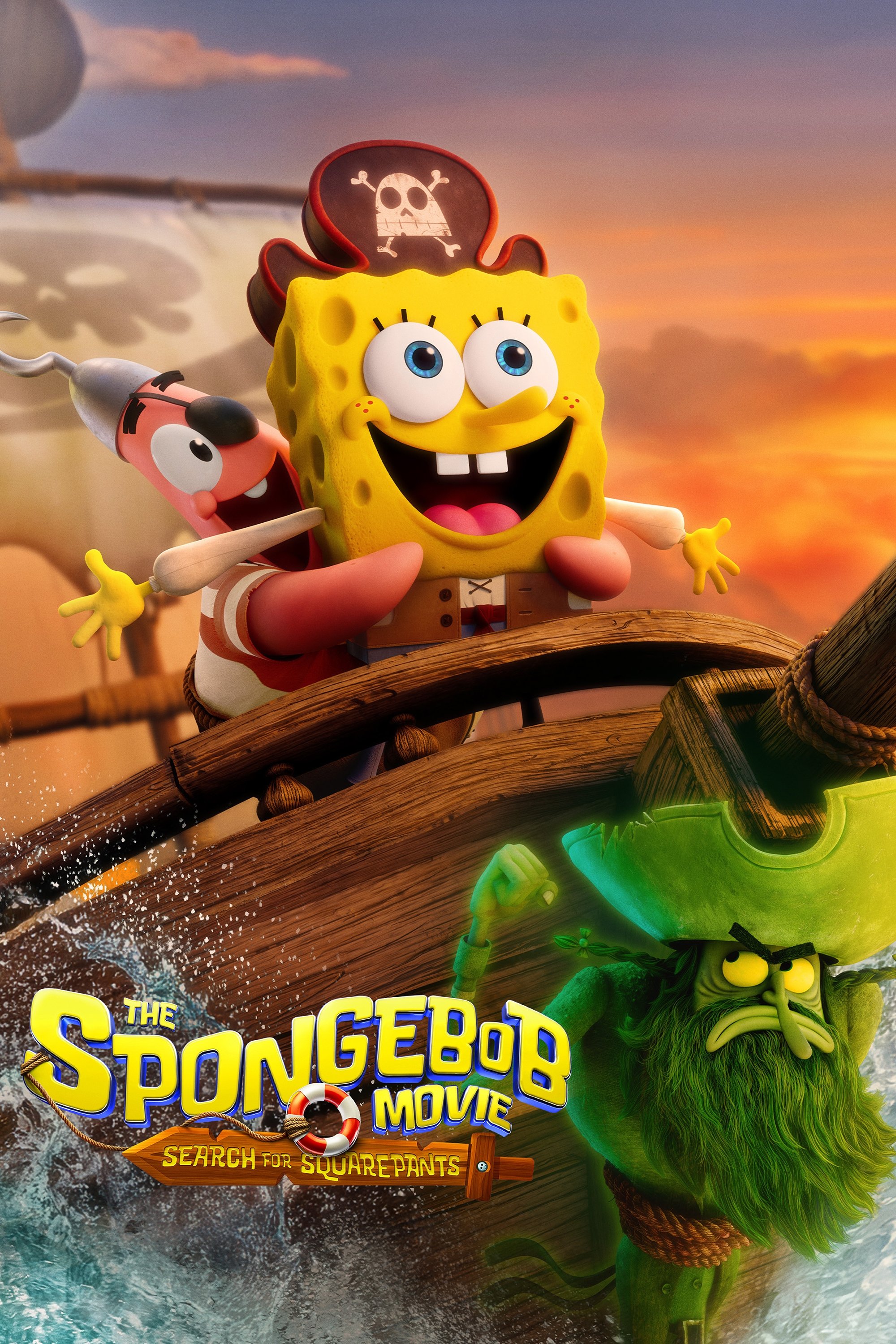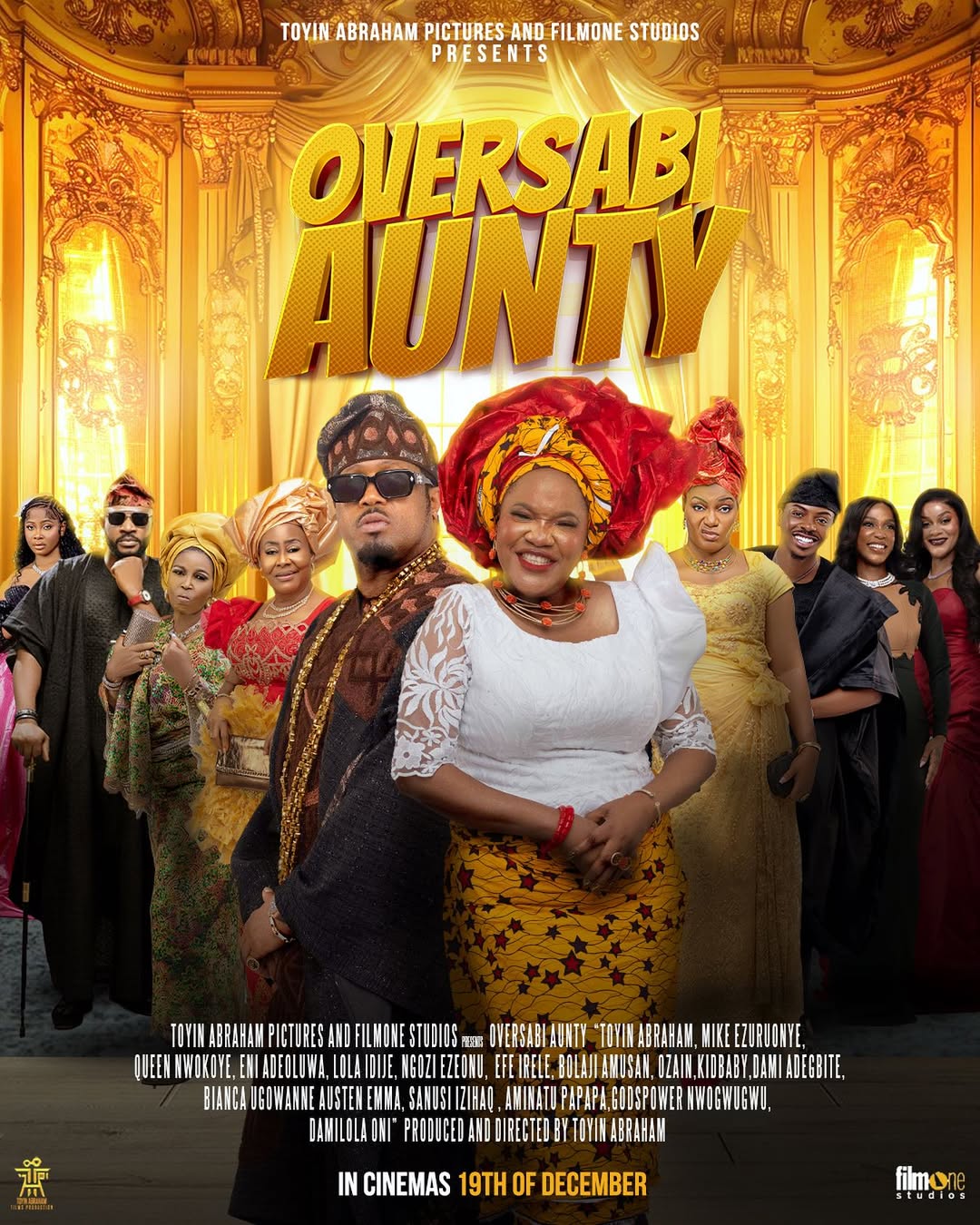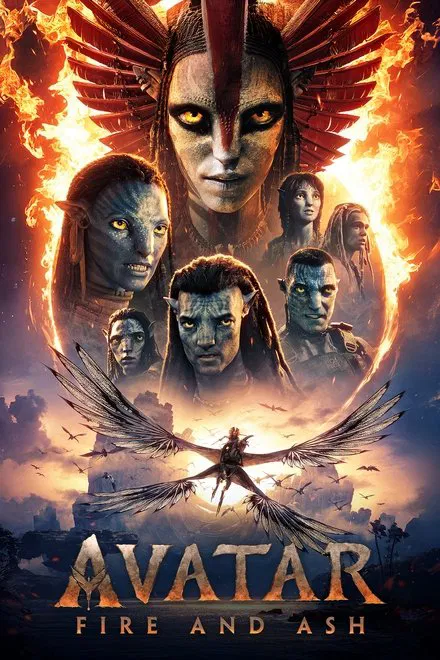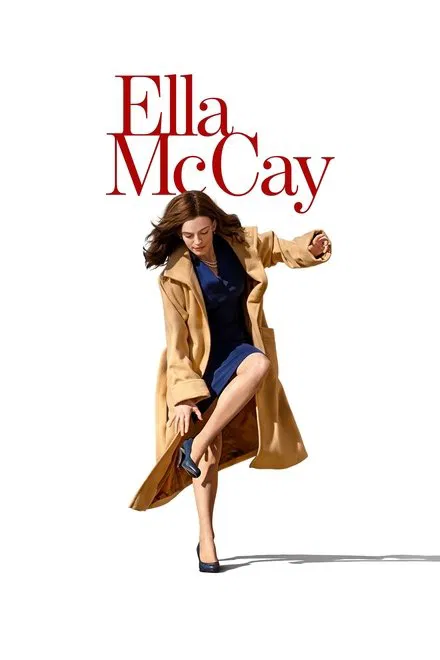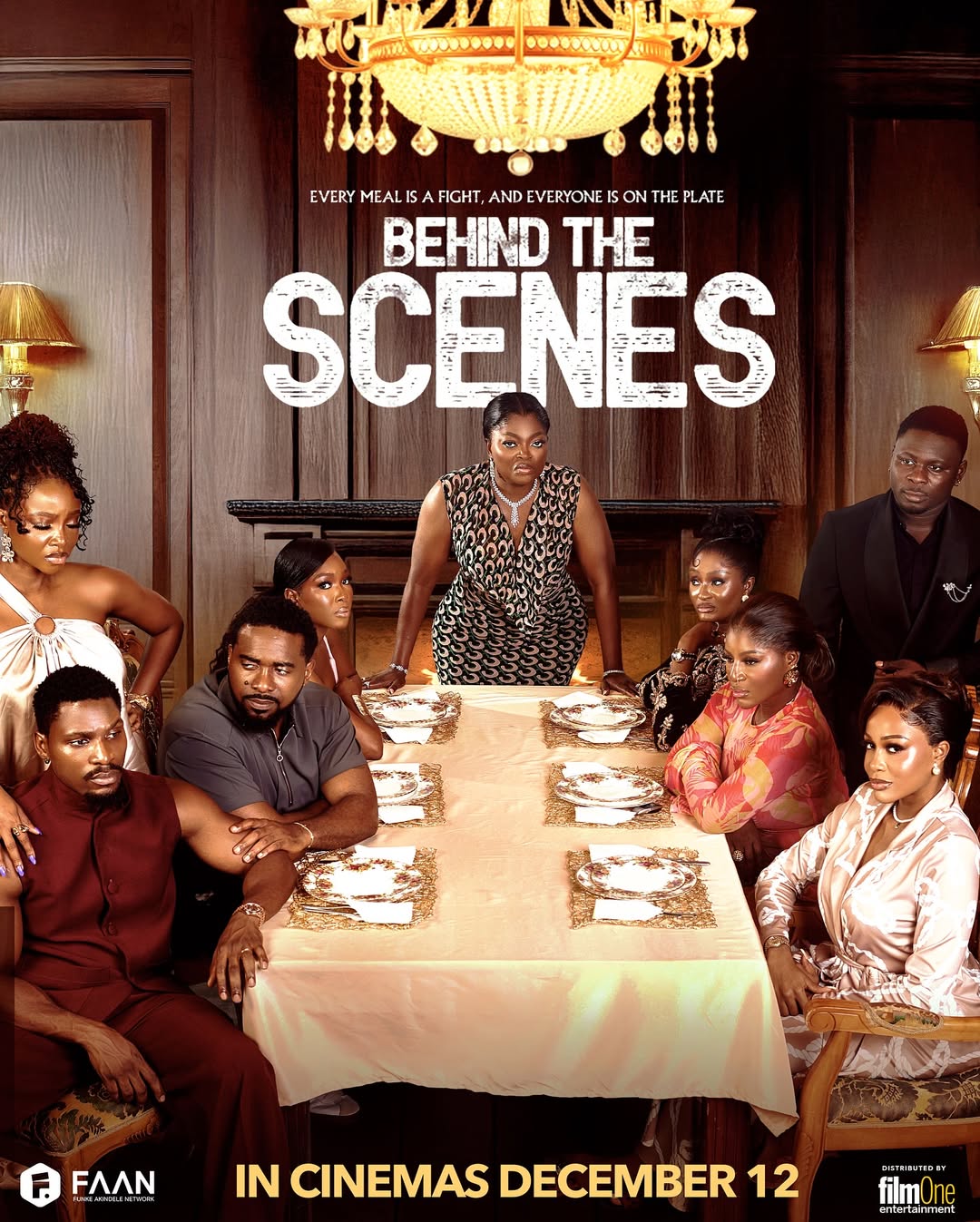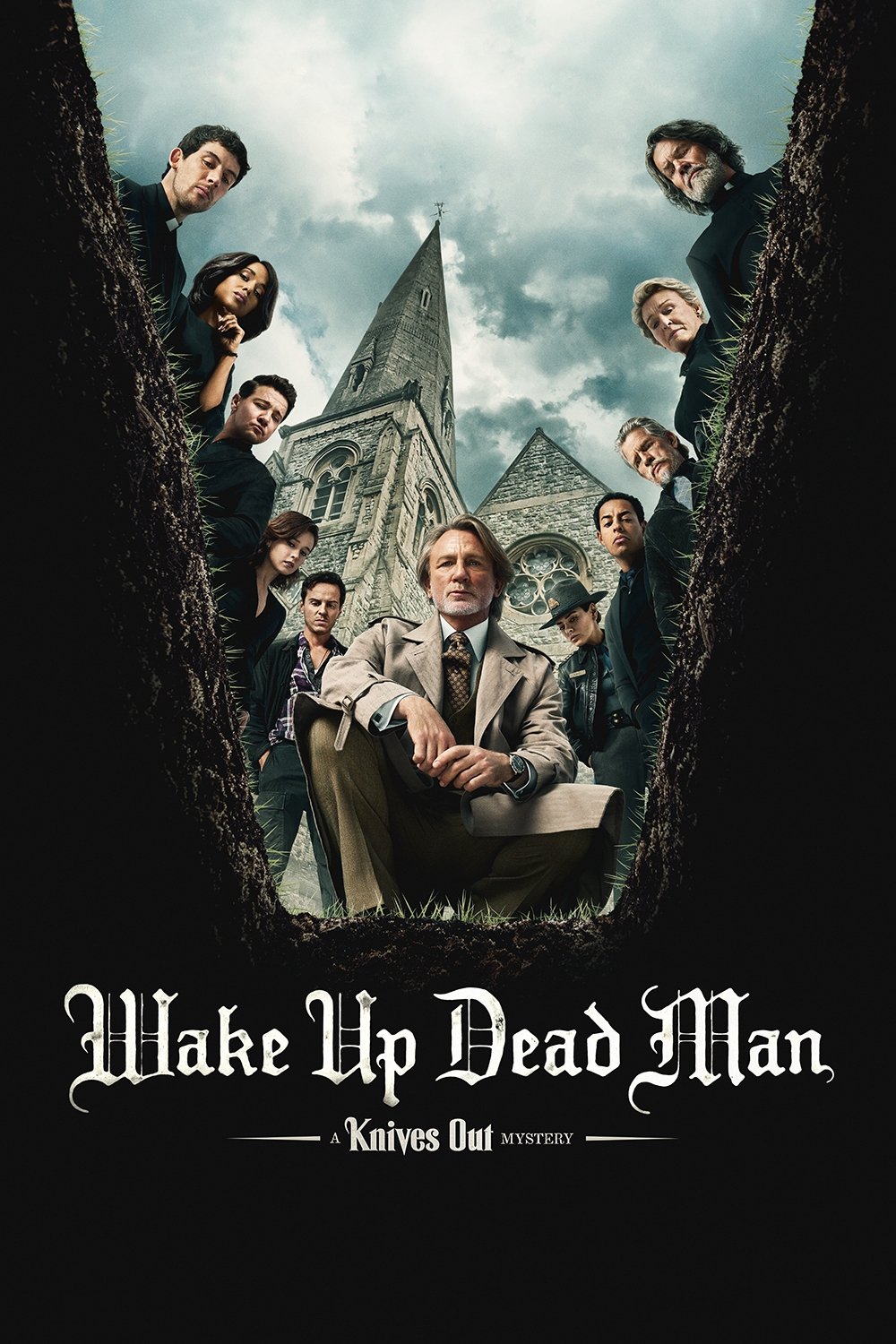Who Does What? Understanding Each Role in Movie Production
This article introduces you to the unsung heroes of movie production who make every scene possible. From producers to special effects specialists, explore the world of filmmaking and discover the people behind the movies you love.
Aug. 29, 2024
Olundegun Olanrewaju

A lot goes into movie production—planning, creativity, time, money, energy, and more. Every scene you watch, whether superb or subpar, requires significant effort. However, we often only see a few of the individuals behind these efforts on our screens. Join us as we uncover the crucial players in movie production beyond those you’re familiar with. It’s worth noting that some individuals wear multiple hats, so it’s common to find someone taking on more than one role listed below. Many of your favourites fall into this category.
Without further ado, here’s a list of the key players in movie production:
Executive Producers

The executive producer might be the film’s owner, a production company, or an external sponsor. Their main role is to provide or source funding for the project, ensuring producers have everything needed to bring the movie to life. Executive producers don’t usually work directly with the cast and crew; they may only show up on set if they have additional roles like producing, directing, or acting. Often, the executive producer also serves as the producer.
Producers

A movie producer is essentially the film’s owner. They are responsible for creative decisions from script development to casting and location scouting. Producers are hands-on throughout the production process, overseeing everything from budget allocation and shoot scheduling to personnel management.
Producers aim to ensure their movies come out as envisioned. It’s common for them to act in their films (e.g., Funke Akindele in A Tribe of Judah and Toyin Abraham in Malaika). Some producers also double as directors but stay behind the scenes, like Bolanle Austen-Peters. In rare cases, you’ll see a producer directing and acting simultaneously—Kunle Afolayan is known for this.
Directors

Directors bring the producers’ visions to life. They interpret scripts and guide actors to achieve the desired visual representation and effects. Directors are the creative minds behind what you see on screen, and their work shapes the public’s perception of a movie. Prominent Nollywood directors include Kemi Adetiba, Kenneth Gyang, BB Sasore, Kunle Afolayan, and Omoni Oboli.
Screenwriters/Scriptwriters

These individuals are responsible for writing the screenplay, developing characters, crafting dialogue, and making plots captivating. Scriptwriters are essential to movie production. Having an expert scriptwriter paired with a top-notch director is like a perfectly prepared dish—it’s the ideal combination! Great movies stem from great screenplays, and these minds are behind that magic. Often, the movie producer or director doubles as the scriptwriter. Notable scriptwriters in the industry include Jadesola Osiberu, Chika Lannor, Kemi Adetiba, Omoni Oboli, Funke Akindele, Nicodemus Uzoma, Diche Enunwa, and Kenny George.
Cinematographers

Cinematographers work closely with directors, handling everything related to cameras and lighting. If a fight or shooting scene looks fake, they’re to blame, but if everything on screen looks realistic, it’s thanks to their hard work! Cinematography is rarely a standalone role, so cinematographers are often referred to as directors too, as the roles are quite similar.
Editors

Imagine if the fifth scene of your favourite movie came first, and the first one came third—would it still make sense? This is where editors come in. They ensure that what you see on screen makes perfect sense by assembling footage and adding sounds/music to create a cohesive narrative. They may also subtitle audio to enhance the viewing experience, especially if the movie is in a native language.
Production Managers

The production manager is like the producer’s right-hand person, helping to ease the producer’s workload so they can focus on other essential tasks. Production managers typically handle logistics, scheduling, and other duties as assigned by the producer.
Location Managers

The location of filming is just as important as any other aspect of movie production. Location managers are the unsung heroes who secure the best spots for filming each scene. Their job requires extensive networking and the ability to pitch the project effectively.
Special Effects Specialists

Those car crashes, explosions, and fight scenes you see in movies are the work of these specialists. They’re behind what most of us refer to as “film tricks,” which are actually stunts, pyrotechnics, or CGI (computer-generated imagery). We often call them “film tricks” when they seem too bizarre or unrealistic, highlighting the importance of having professionals in this role to make the unreal look real.
Actors

Actors need no introduction. They’re your favourites, your crushes—the ones you passionately defend in heated discussions. Their job is to bring characters to life, giving them an identity (a face and a voice). They can be so convincing that you might forget it’s just a movie. We should also note that actors help sell the project! Let’s be honest—we often watch movies because of our favourite actors.
Others

There are other individuals who play equally important roles in movie production. They ensure that everyone else can perform optimally (e.g., gaffers and grips), and some help actors look their best (e.g., costume designers and makeup artists).
Just like in other fields, we only see a fraction of the efforts happening behind the scenes. This is why it’s important to be empathetic and objective when evaluating others’ work. Whether you’re considering producing your own movie or simply want to understand the science behind movie production, we hope you find this article helpful.
Authors
Olundegun Olanrewaju
Comments


